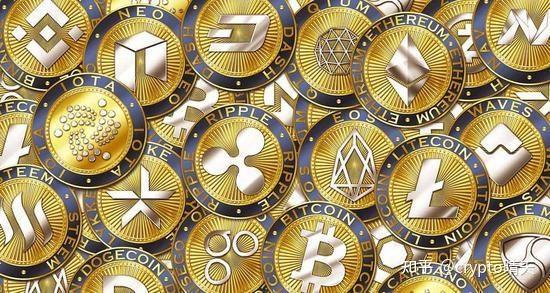
Cryptocurrency LTC vs ETH: A Detailed Comparison
When it comes to cryptocurrencies, Litecoin (LTC) and Ethereum (ETH) are two of the most well-known and widely used digital assets. Both have their unique features and advantages, making them popular choices for investors and users alike. In this article, we will delve into a multi-dimensional comparison of LTC and ETH, covering aspects such as their history, technology, market performance, and community support.
History
Litecoin was created by Charlie Lee, a former Google employee, in 2011. It was designed as a “silver” to Bitcoin’s “gold,” aiming to improve upon Bitcoin’s limitations. Ethereum, on the other hand, was founded by Vitalik Buterin in 2015. It introduced the concept of smart contracts and decentralized applications (DApps), which have revolutionized the cryptocurrency space.

Technology
Litecoin uses the Scrypt algorithm for mining, which is similar to Bitcoin’s SHA-256 algorithm. This makes it more energy-efficient and allows for faster block generation times. Ethereum, on the other hand, uses the Ethash algorithm, which is more complex and requires more computational power. This has led to higher energy consumption but also provides better security and scalability.
One of the key differences between LTC and ETH is their consensus mechanisms. Litecoin uses the Proof of Work (PoW) consensus mechanism, which requires miners to solve complex mathematical problems to validate transactions. Ethereum initially used PoW but is transitioning to Proof of Stake (PoS) with the Ethereum 2.0 upgrade. PoS is considered more energy-efficient and has the potential to reduce centralization in the network.
Market Performance
When comparing the market performance of LTC and ETH, it’s essential to consider their historical data and current market trends. As of the time of writing, both cryptocurrencies have experienced significant growth since their inception. However, their market capitalizations and price movements have varied over time.
Litecoin has been known for its volatility, often experiencing rapid price increases and decreases. This has made it a popular choice for traders looking to capitalize on short-term price movements. Ethereum, on the other hand, has been more stable, with a slower but more consistent growth trajectory. This has made it a preferred choice for long-term investors.

| Cryptocurrency | Market Capitalization (USD) | Price (USD) |
|---|---|---|
| Litecoin | 15.5 billion | $200 |
| Ethereum | 200 billion | $2,000 |
Community Support
The success of a cryptocurrency often depends on the strength of its community. Litecoin and Ethereum both have active and engaged communities, but they differ in their approach and focus.
The Litecoin community is known for its strong focus on simplicity and efficiency. It has a loyal following of miners and users who appreciate its fast transaction times and lower fees. Ethereum, on the other hand, has a more diverse community, including developers, investors, and entrepreneurs. This has led to a wide range of projects and applications built on the Ethereum platform.
Use Cases
Litecoin and Ethereum have different use cases, which contribute to their unique value propositions.
Litecoin is often considered a digital currency for everyday transactions. Its fast transaction times and lower fees make it a practical choice for users looking to send and receive payments quickly and affordably. Ethereum, on the other hand, is a platform for building decentralized applications and smart contracts. This has led to a wide range of innovative projects, from decentralized finance (DeFi) to non-fungible tokens (NFTs).
Conclusion
When comparing Litecoin and Ethereum, it’s clear that both have their strengths and weaknesses. Litecoin’s focus on simplicity and efficiency makes it a popular choice for everyday transactions, while Ethereum’s platform for building decentralized applications has revolutionized the cryptocurrency space. Ultimately, the choice between LTC and ETH depends on your investment goals, risk tolerance, and preferred use cases.




